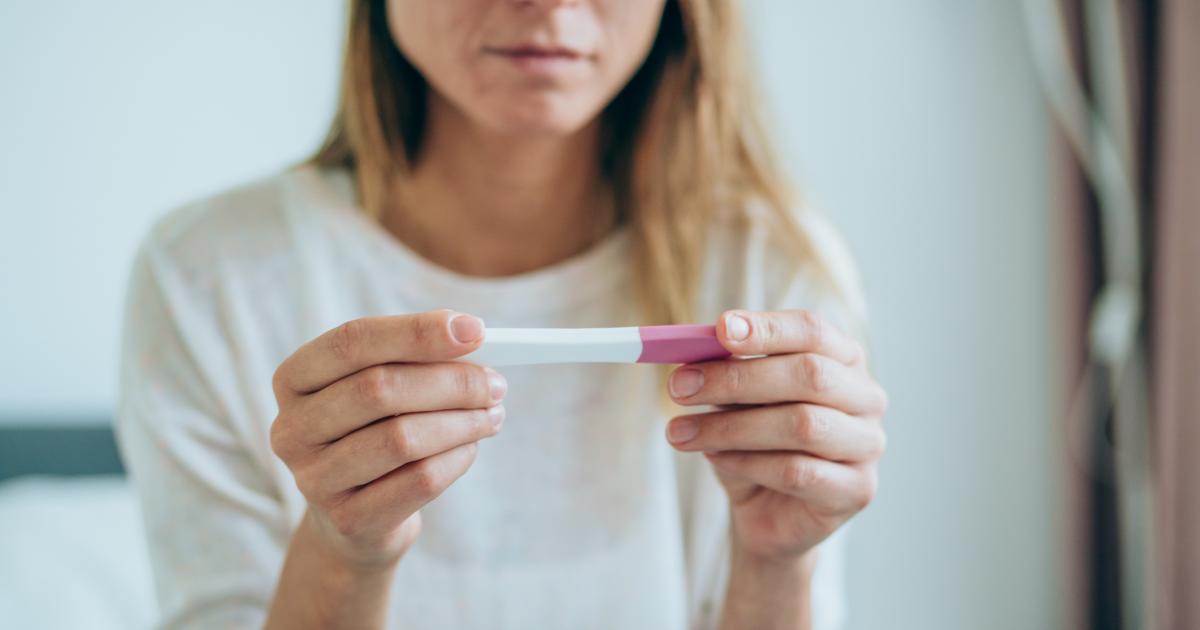Seoul, March 12 (EFE). – South Korean Health Minister Cho Kyu-hong met with representatives of thousands of trainee doctors who have gone on strike for three weeks for the first time since the strike began. Today by the branch's second vice minister, Park Min-soo.
Park told the media that the closed meeting was held on Monday and she did not want to add more details about it.
The Second Deputy Minister of Health added that there will be more meetings between the two parties.
About 93% of the country's 13,000 trainee doctors have joined the strike in protest against Governor Yoon Suk-yeol's plans to increase the number of places in medical schools by 2,000 places annually.
Since resident doctors make up about 40% of the staff at large hospitals in Seoul, the largest in the country, these medical centers are forced to suspend about half of scheduled surgeries and refer emergency patients to other centers.
The government has begun sending notices to trainee doctors ordering them to return to work and warning them that if they do not comply with the order they will face the possibility of their licenses being suspended for at least three months.
However, the warnings did little to intimidate the group, and medical professors at Seoul National University (SNU) announced on Monday that they would collectively resign next week if the government failed to make “reasonable progress” in negotiations for an agreement. Strike solution.
In contrast, professors at other centers, such as the Catholic University of Korea or Chungang University in Seoul, threatened to take more forceful measures.
The executive authority says it is necessary to increase annual places in medical colleges by 2,000 to address the shortage of doctors, especially in rural areas and in areas such as pediatrics, obstetrics and cardiac surgery.
But the doctors denounced that the decision came unilaterally and that the increase should be 350 places so as not to affect the quality of training and service, and it should be invested in specific areas and strengthening legal protection for health workers.
The Asian country has not increased its places in medicine in 27 years, and is one of the OECD countries with the lowest number of doctors per 1,000 population (2.46), behind only Mexico, Poland, Colombia and Turkey.

:quality(85)/cloudfront-us-east-1.images.arcpublishing.com/infobae/2Z2JIIMNZJD4DLKFXZHE655JWY.jpg)



